Popular Topics

Graphic Editor: Hi, I'm Tiffany.
Your sharing is the greatest support to me! Thank you very much!
Pic 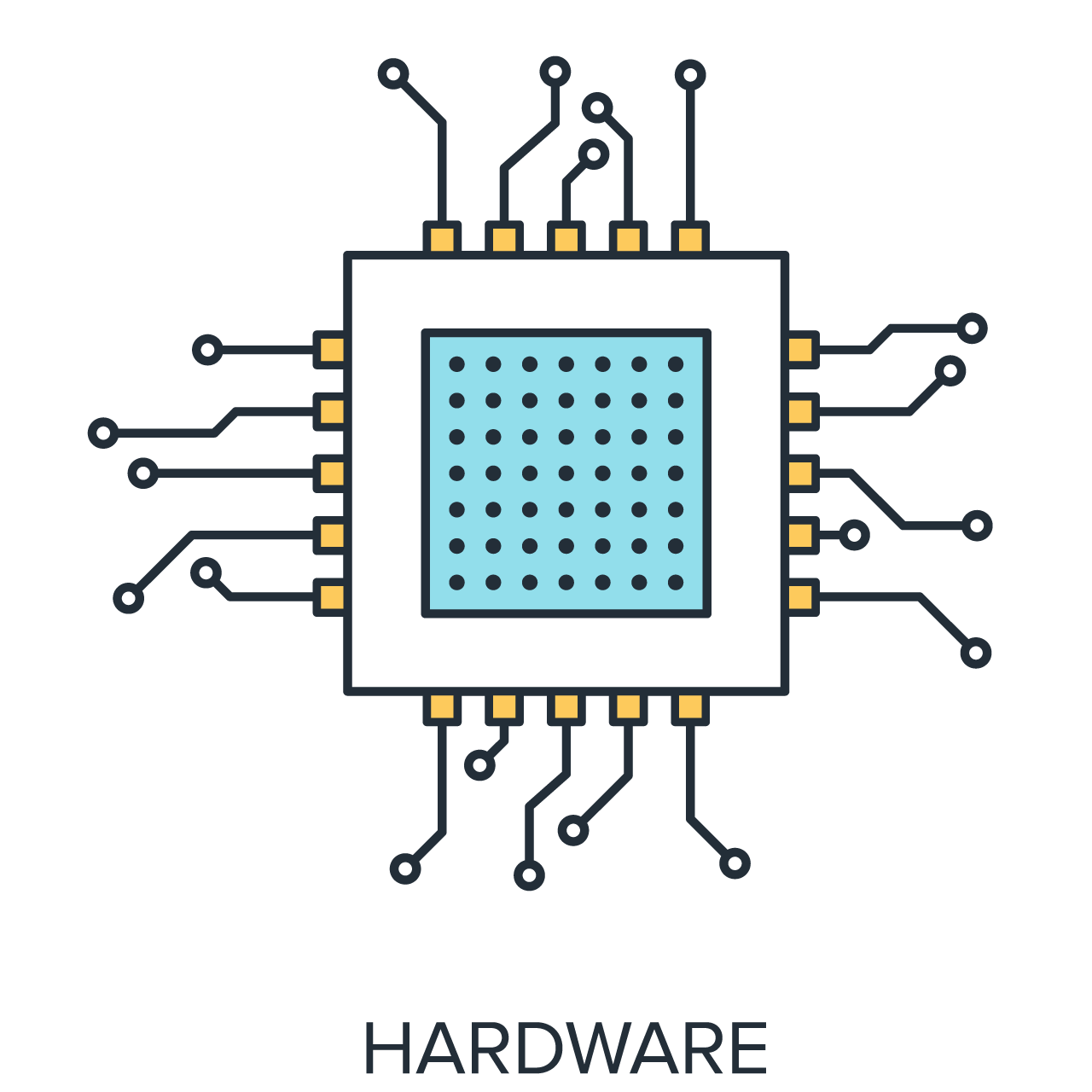
CPU clipart hardware concept transparent background png
Pic 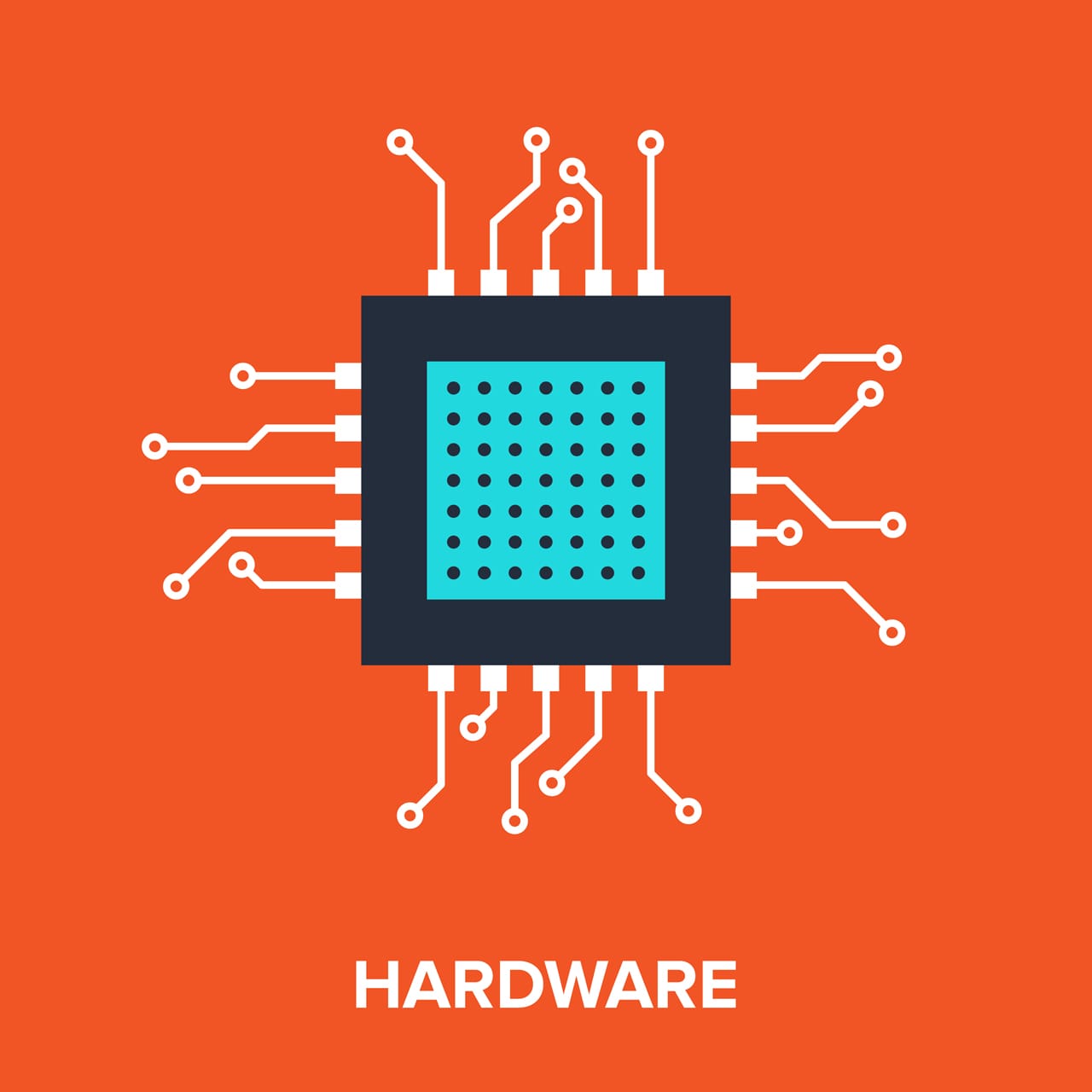
Cpu clipart hardware hand drawing sketch cartoon image
Pic 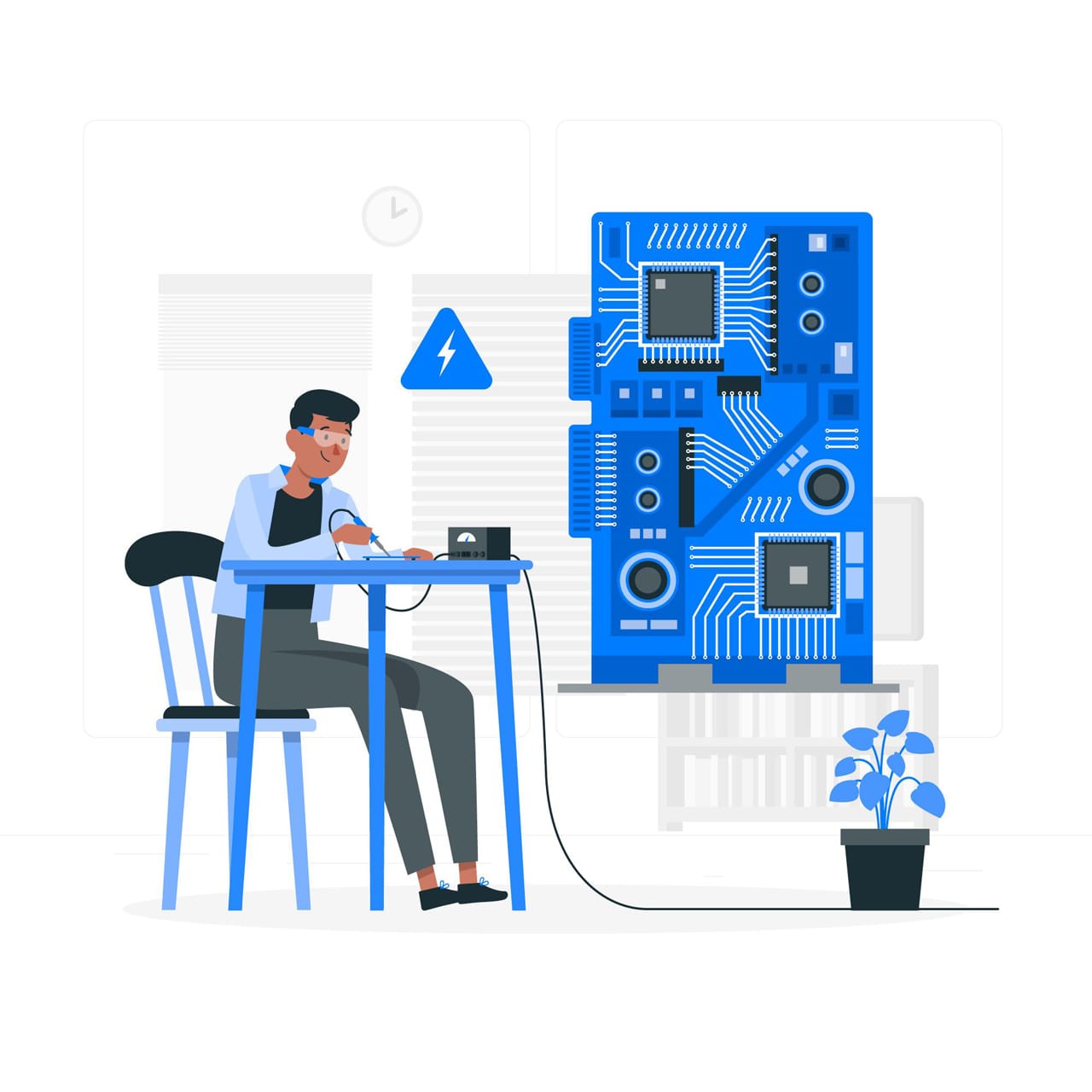
Cpu clipart printed circuit board concept hand drawing sketch cartoon image
Pic 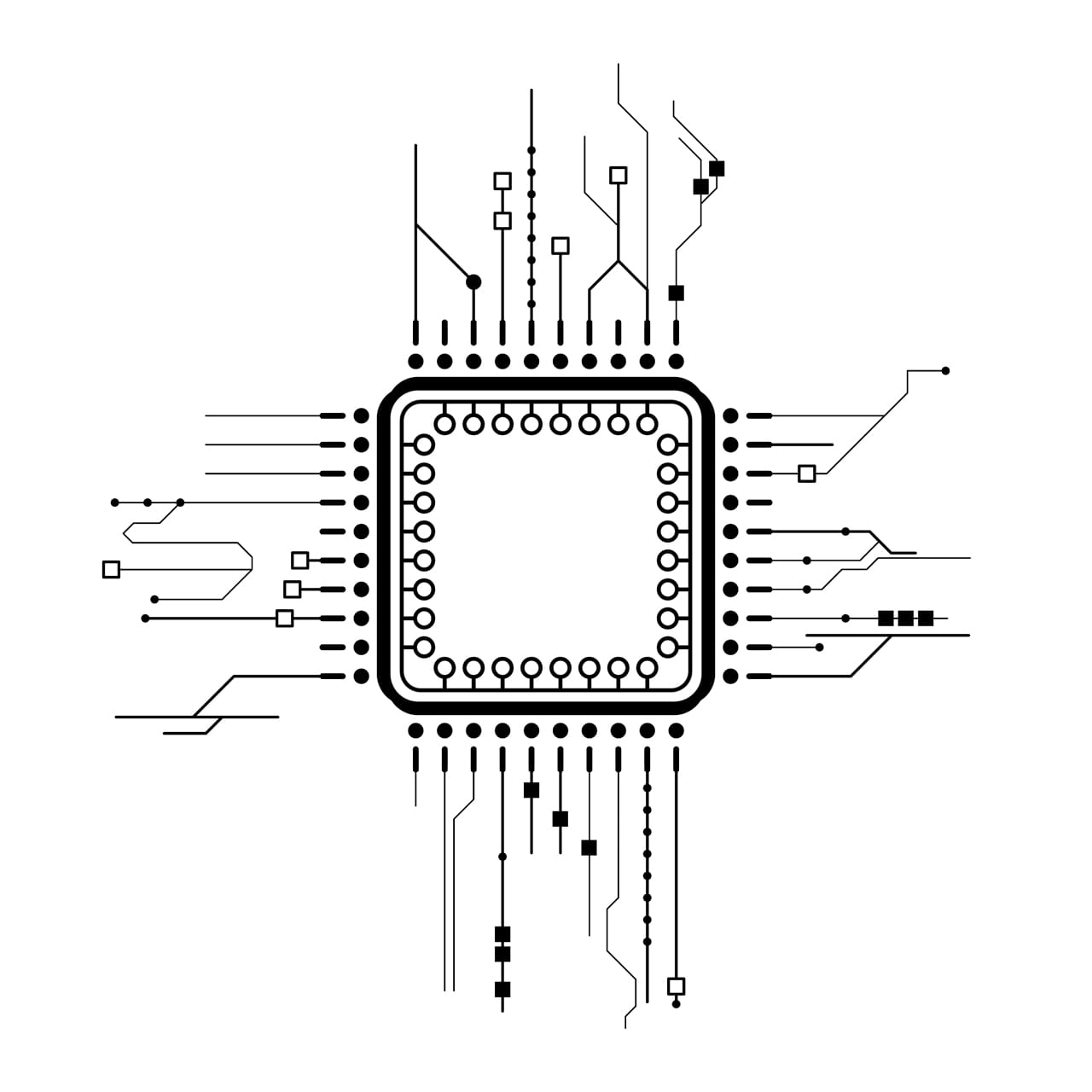
Abstract black simple line CPU computer technology doodle cartoon image
Pic 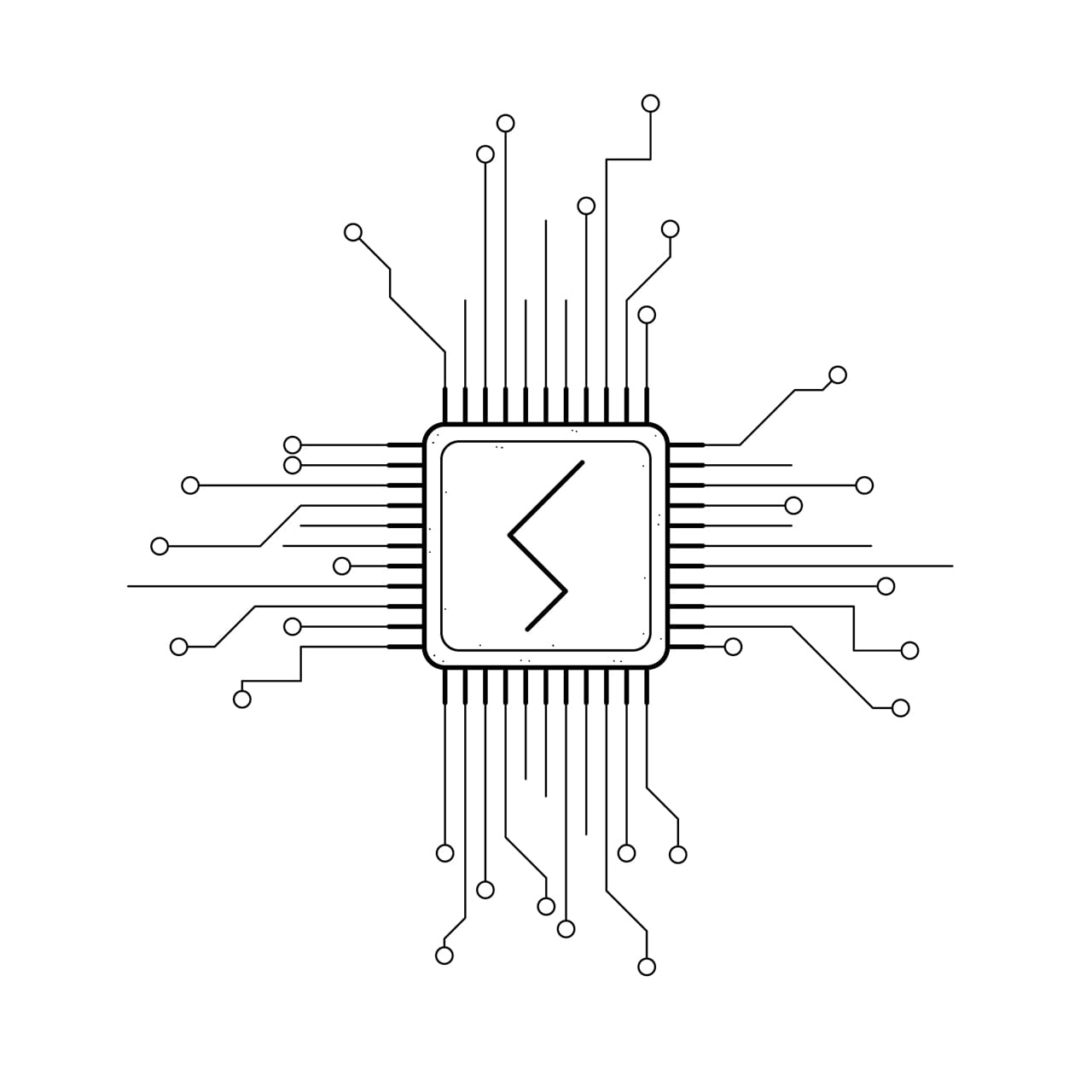
Abstract black simple line CPU computer technology doodle outline element cartoon image
Pic 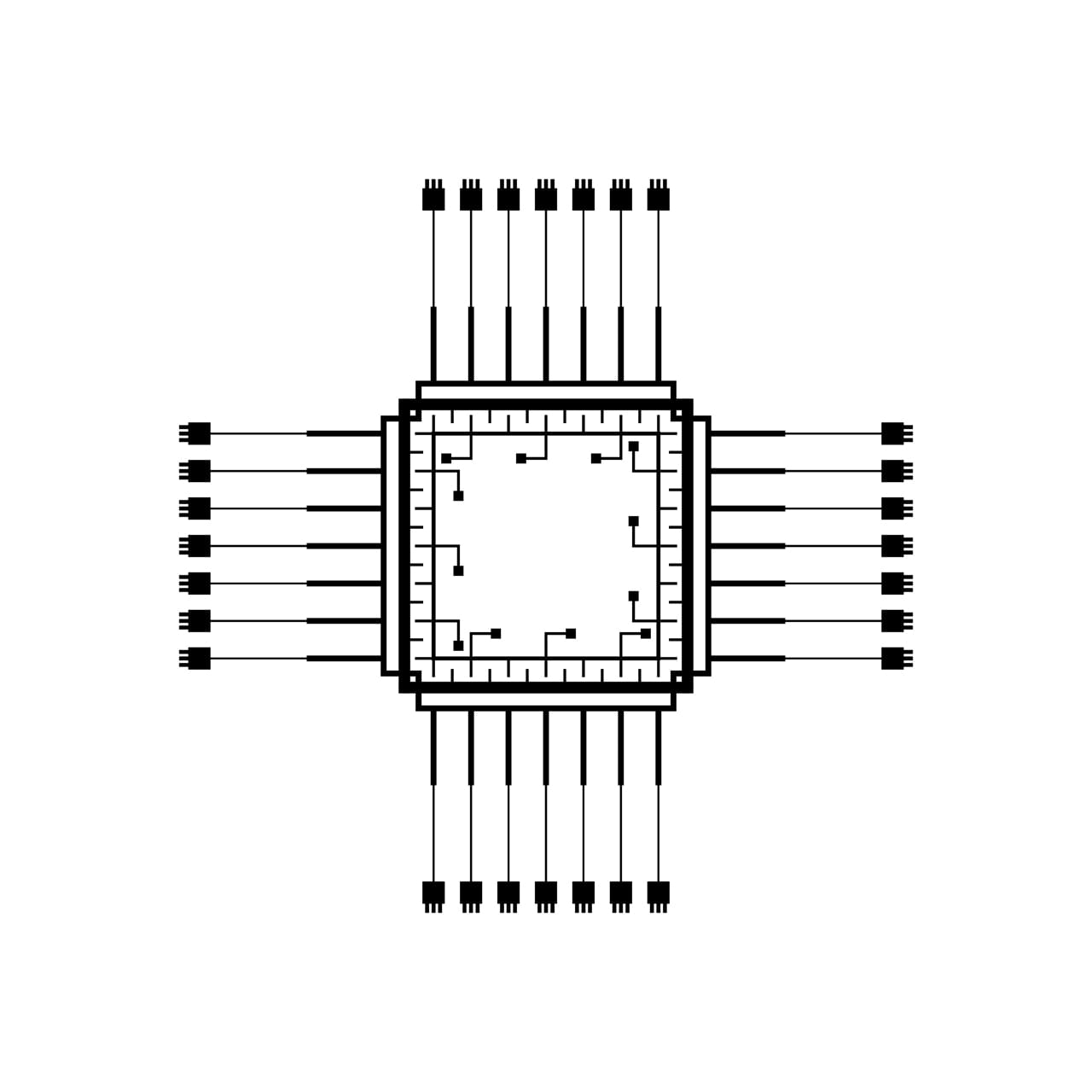
Abstract black simple line CPU computer technology doodle outline hand drawing sketch
Pic 
Backup server digital circuit concept server rack sign mainframe nodes branches
Pic 
Binary file sign stock illustration cloud encryption decryption concept encoding transforming
Pic 
Computer hardware stock illustration gear with screen sign laptop customization configuration
Pic 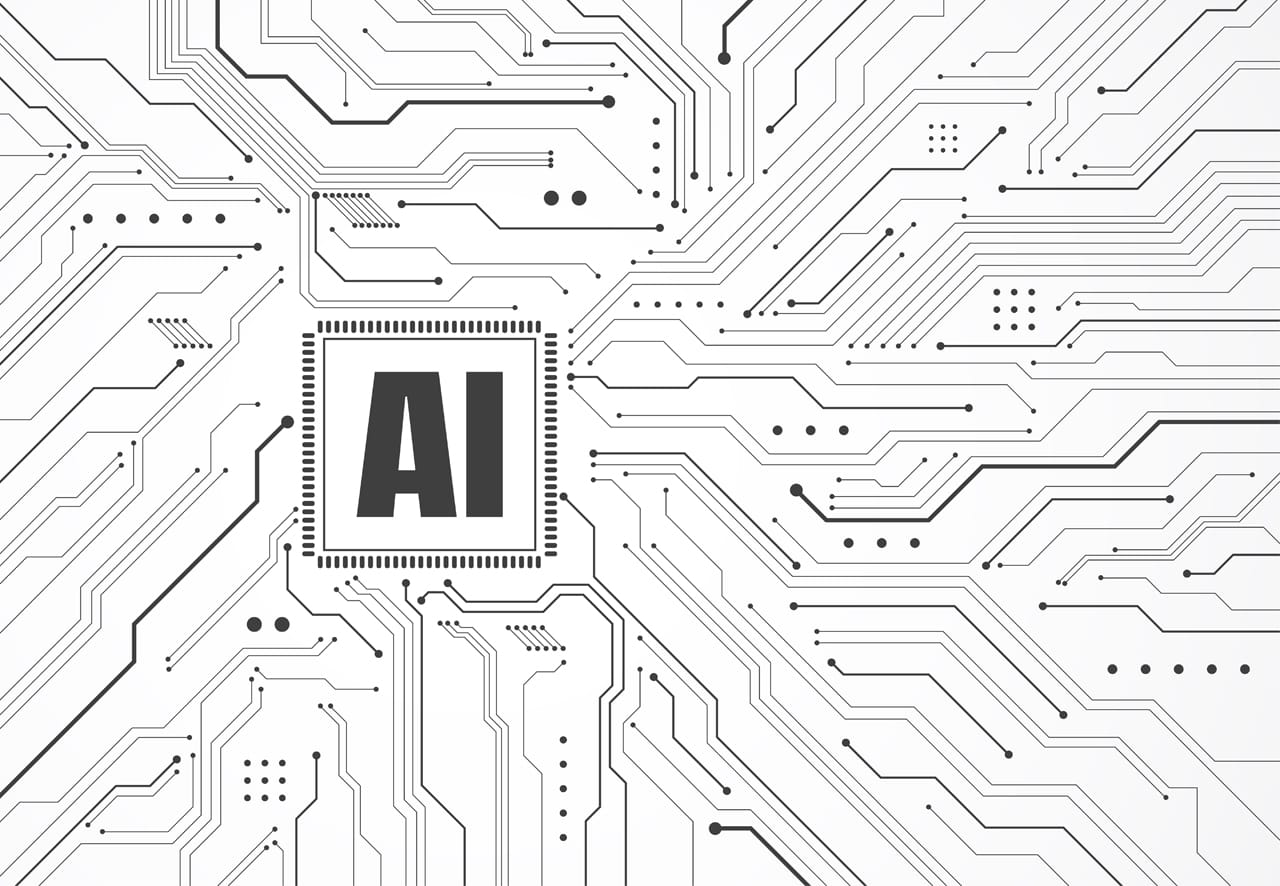
Cpu clipart artificial intelligence chipset circuit board hand drawing sketch
Pic Cpu clipart chip processor icon transparent background png cartoon image
Pic Cpu clipart computer microprocessor icon isolated transparent background png
Pic Cpu clipart computer parts decorative icons set hand drawing sketch
Pic Cpu clipart CPU icon black white illustration hand drawing sketch
Pic 
Cpu clipart digital repair diagnostic hand drawing sketch cartoon image
Pic Cpu clipart processor icons set CPU icon hand drawing sketch
Pic 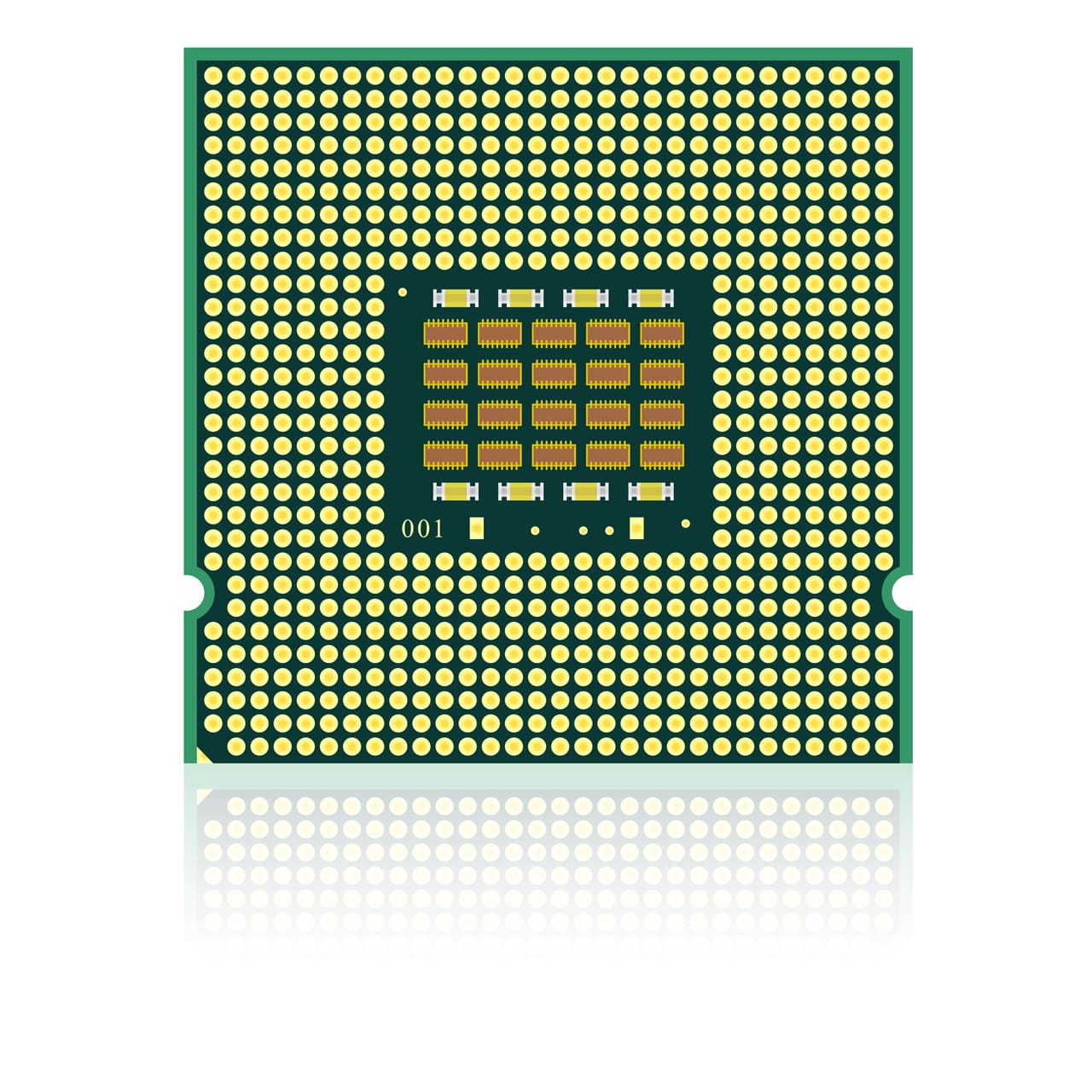
Cpu clipart processor with reflection hand drawing sketch cartoon image
Pic 
Cpu clipart programming software development concept cartoon image
Pic 
Cpu clipart programming software development transparent background png
Pic 
Electronics repair tech repairs hand drawing sketch cartoon image
Pic Enterprises remote storage icon design cloud computing internet hosting services symbol
Pic 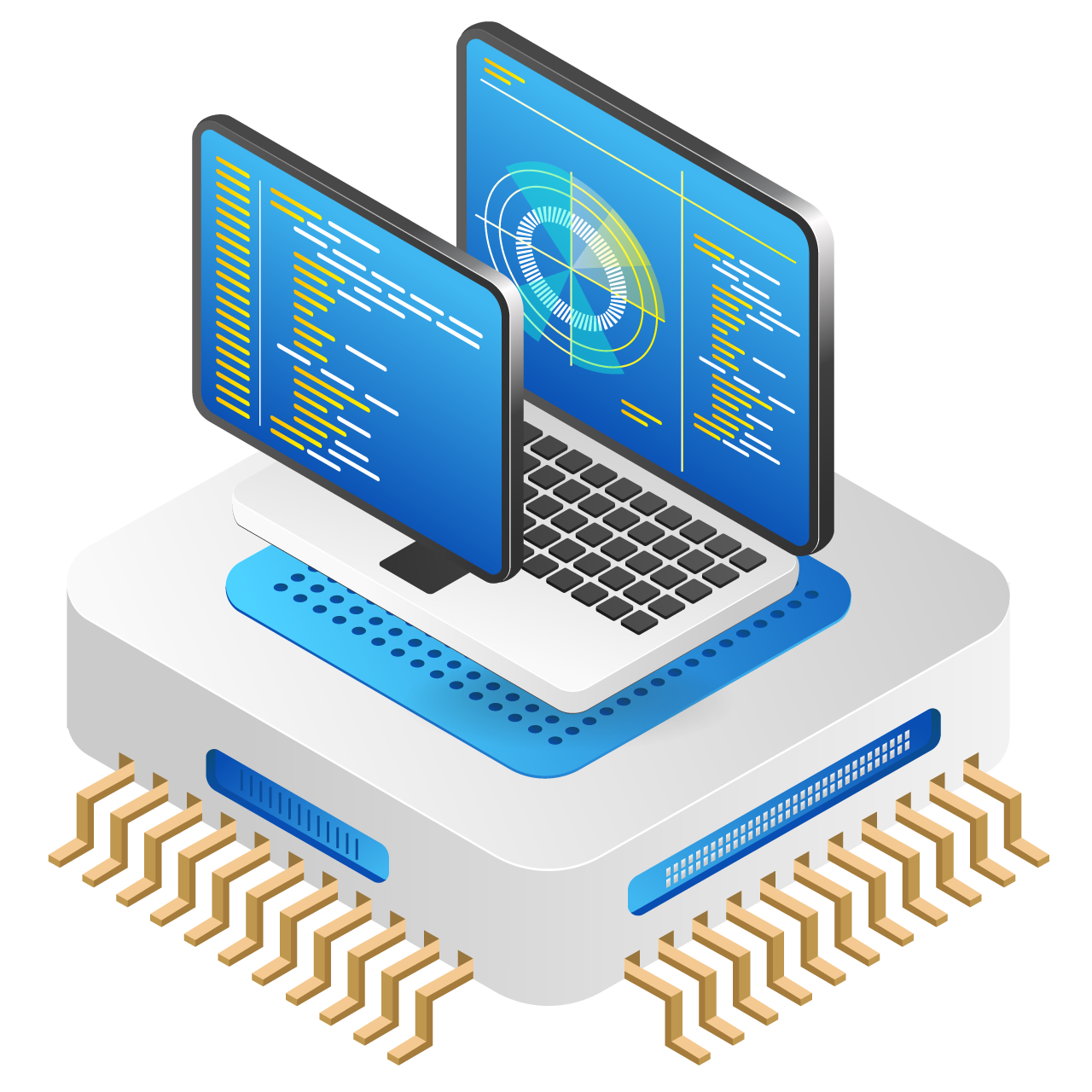
Flat isometric 3d illustration concept monitoring radar data chip program cartoon image
Pic 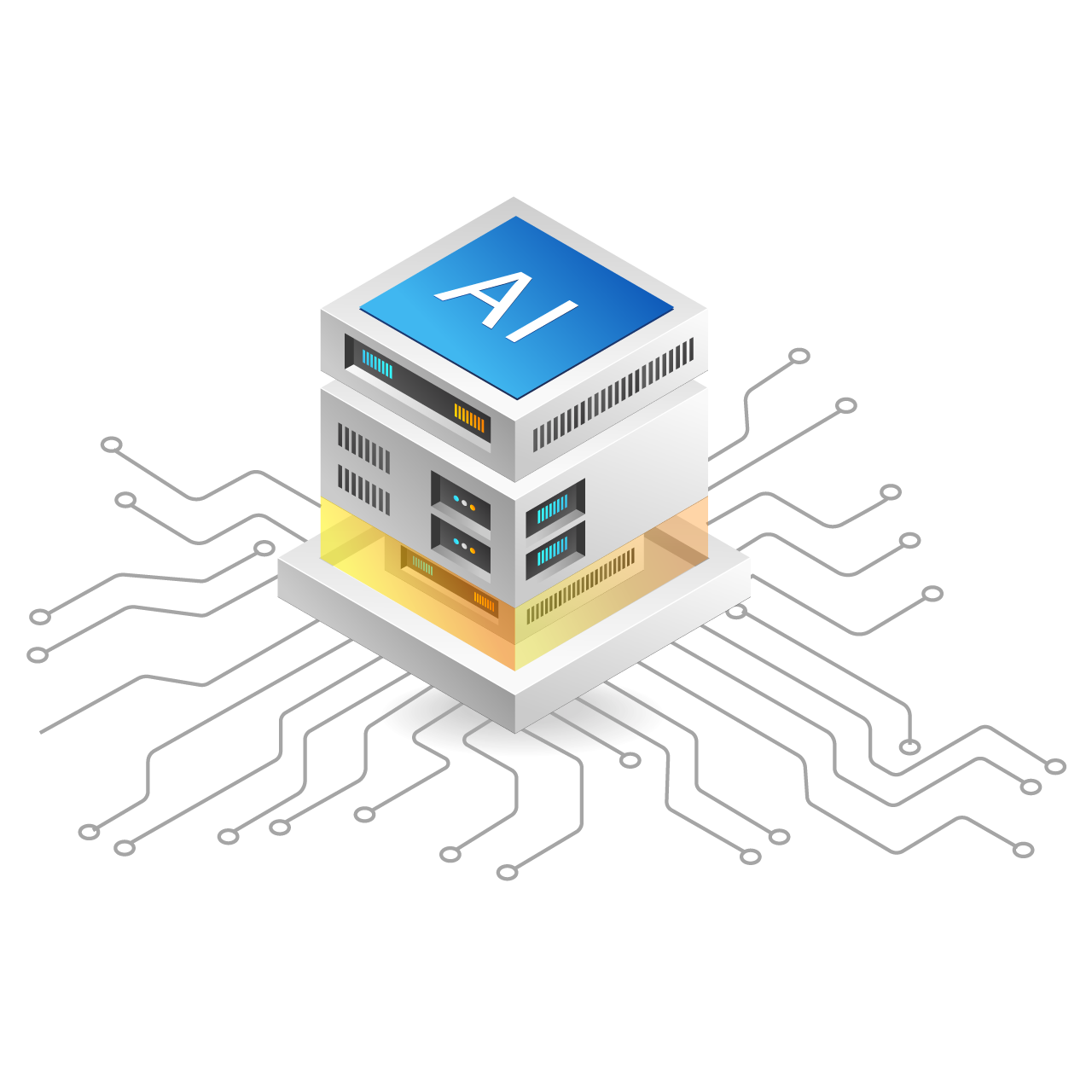
Flat isometric technology server artificial intelligence chip concept transparent background png
Pic 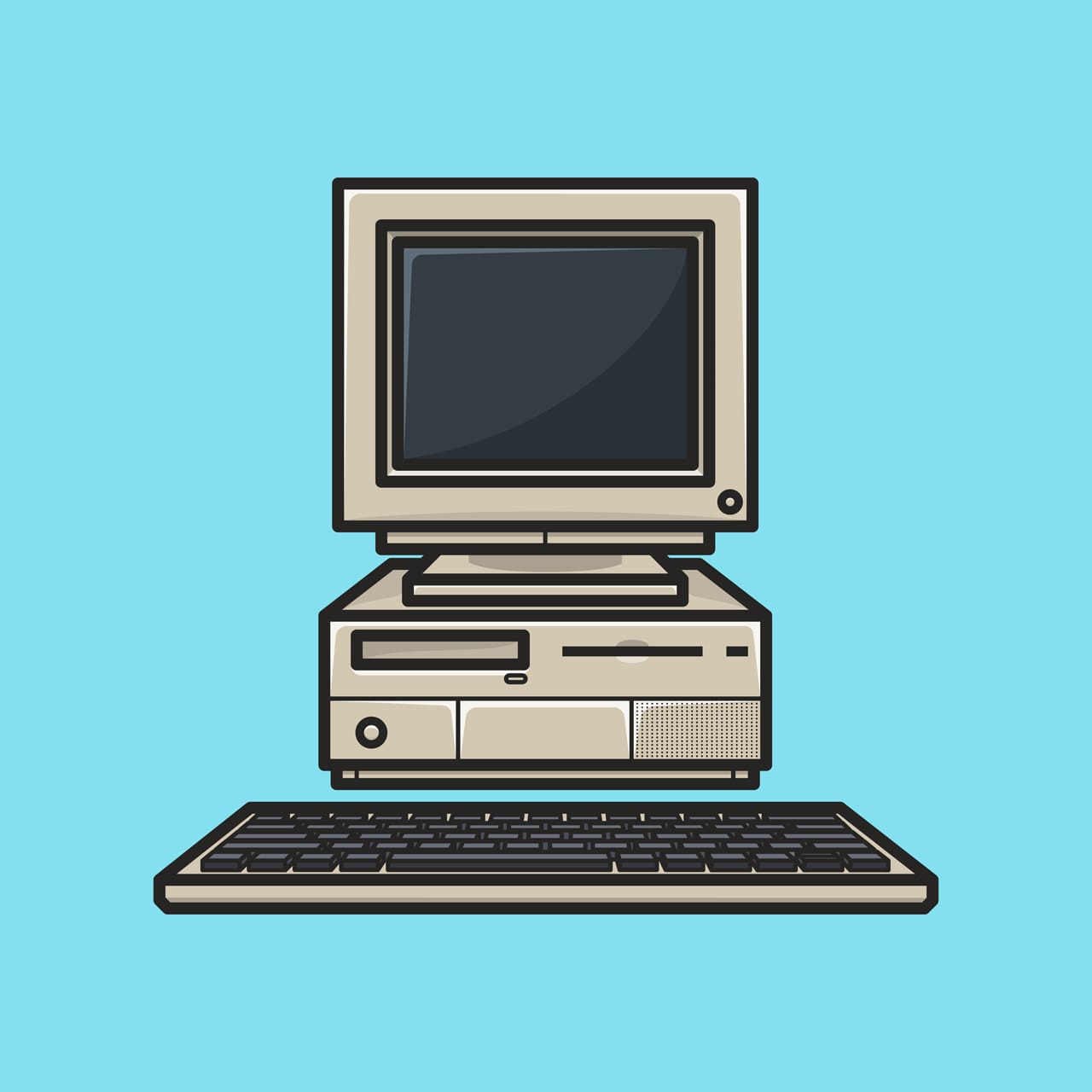
Front view realistic computer monitor CPU with keyboard illustration isolated
Pic 
Microchip design CPU information communication technology element circuit board square shape
Pic 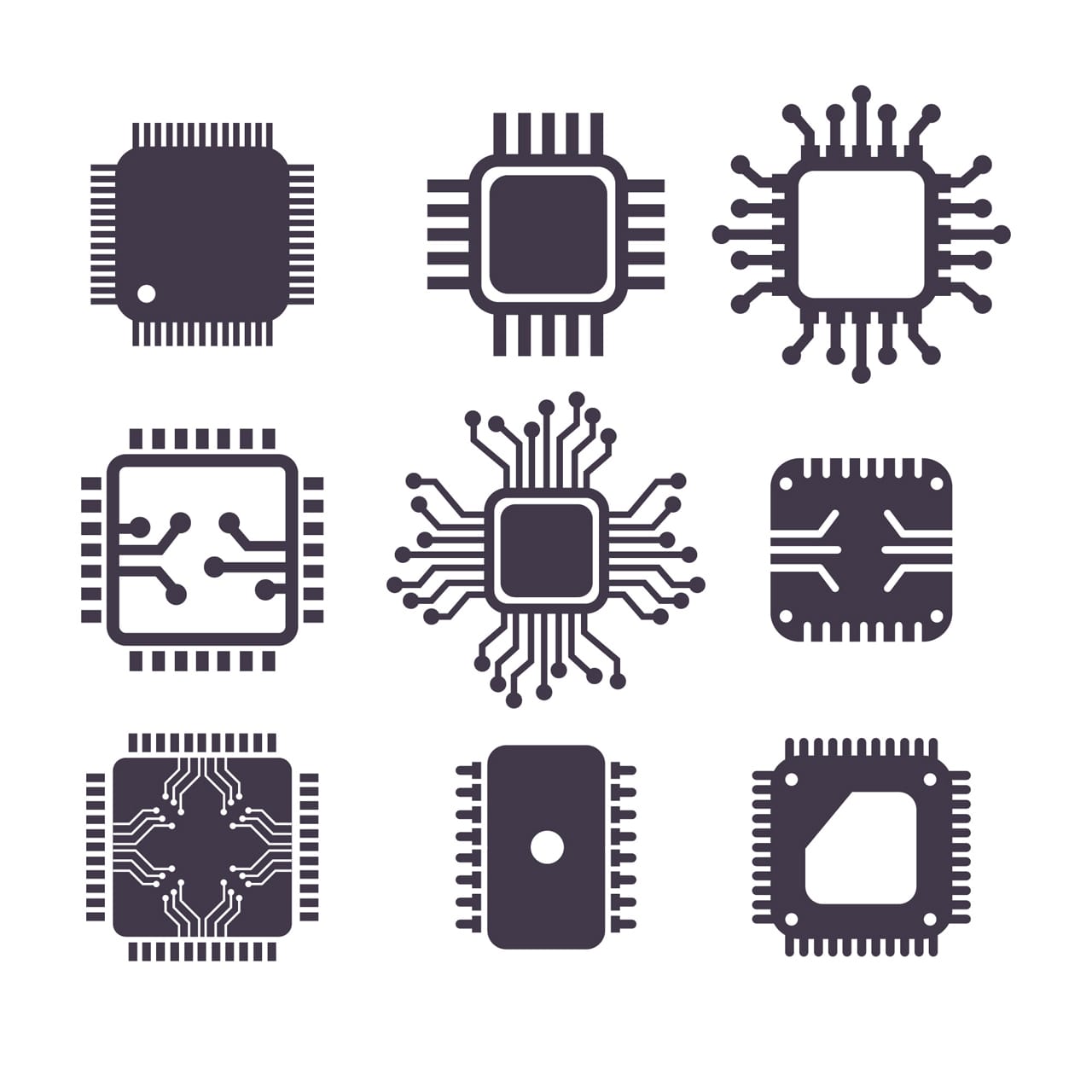
Modern CPU collection with flat design hand drawing sketch
Pic 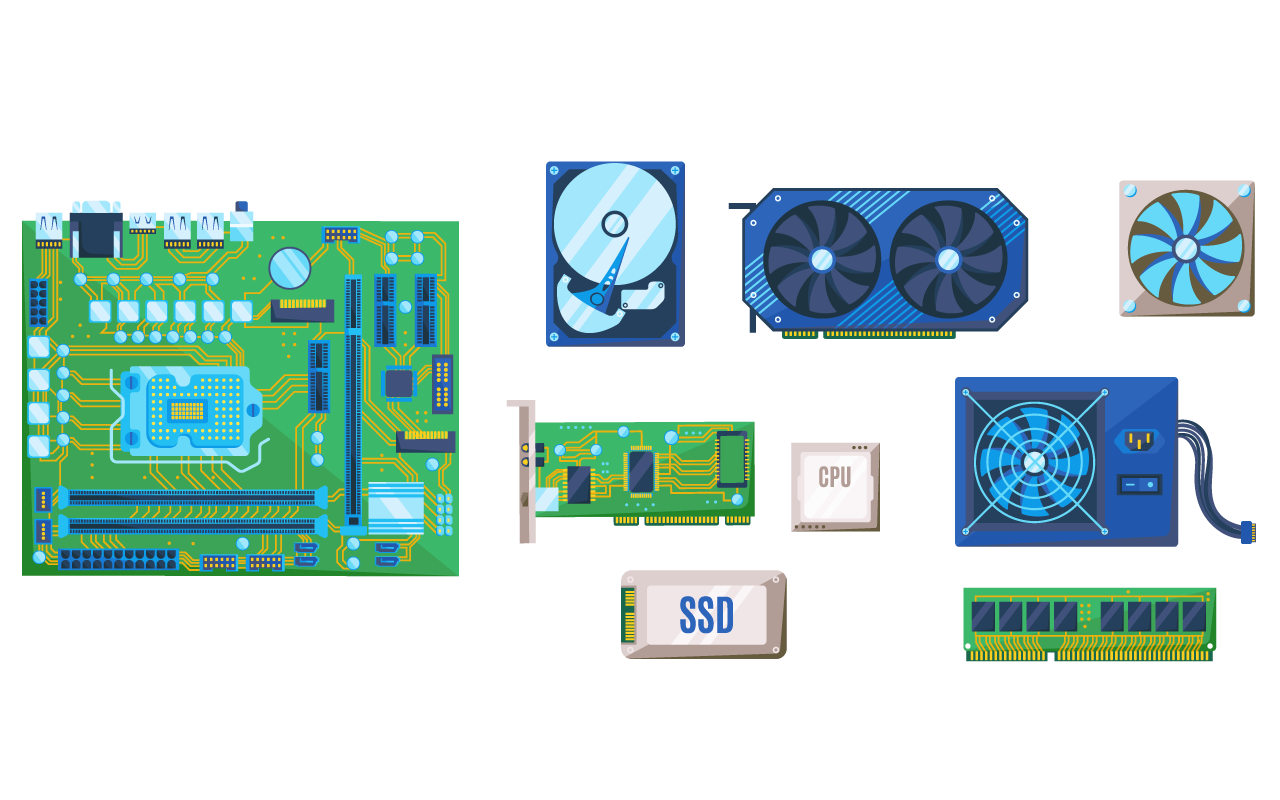
Pc components computer case with electronic hardware parts
Pic 
People reparing integrated circuit microchip inside system unit scene computer hardware
Pic 
Personal computer build illustration design hand drawing sketch
Pic 
Rack config stock illustration customized server configuration concept data center machine setting
Pic Semiconductor crisis economy crisis microchips deficit electric cars electronic circuit with microcontroller board
Pic Semiconductor crisis economy crisis microchips deficit electric cars high tech factory engineer use computer
Pic Semiconductor shortage businessman gives dollar coins microchip computer chip supply chain shortage due electronics
Pic 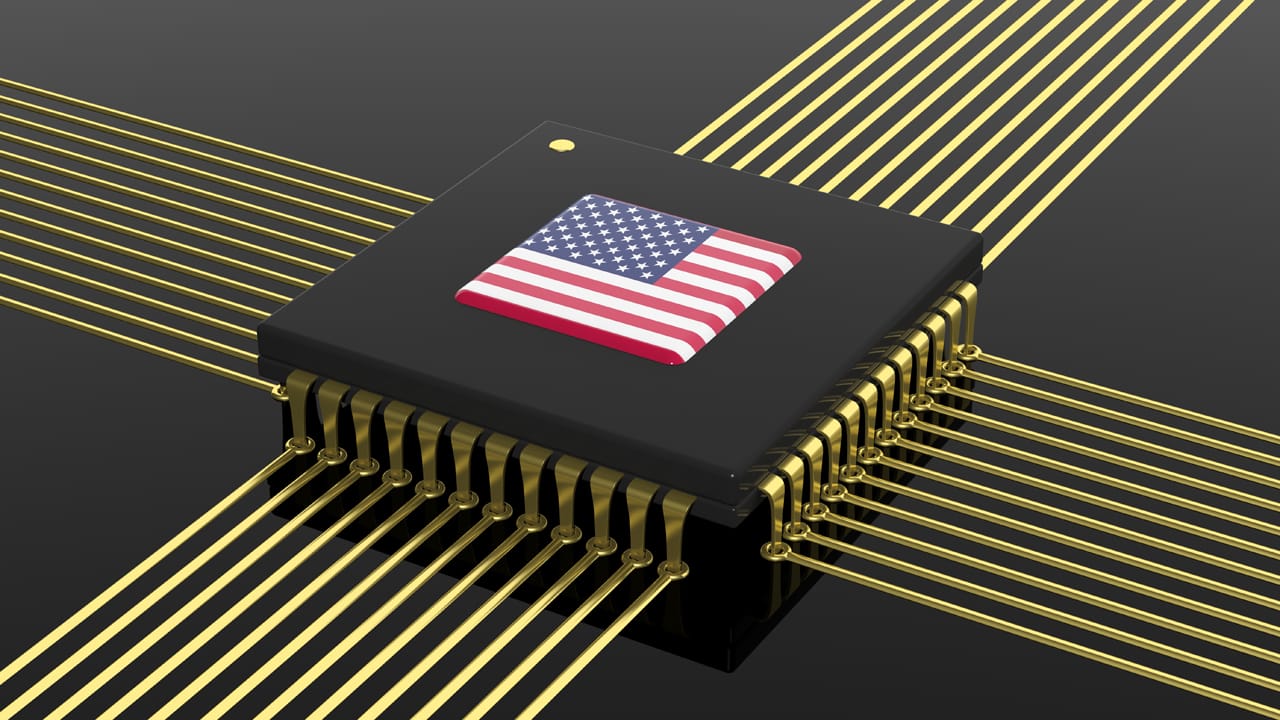
Related image computer CPU with usa flag isolated black background
Pic 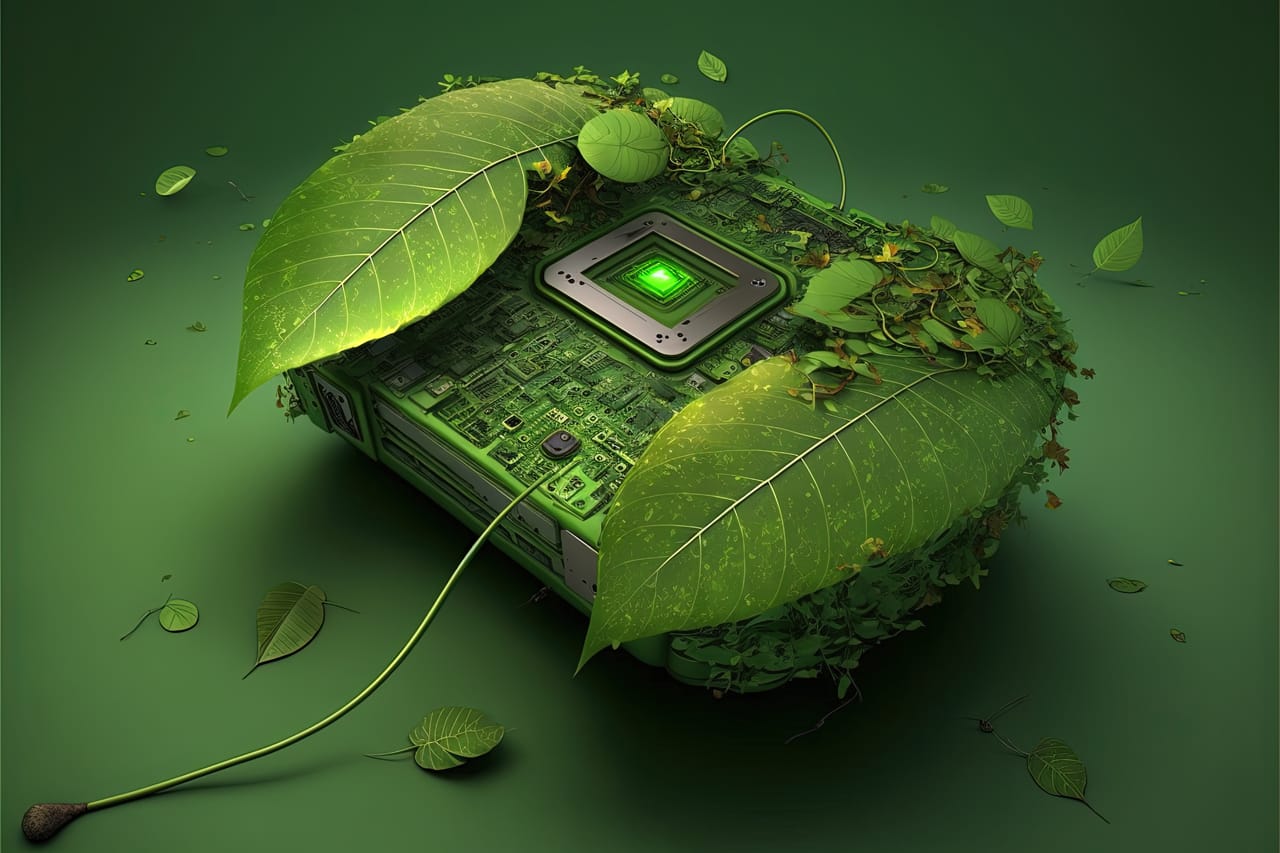
Related image green technology
Pic 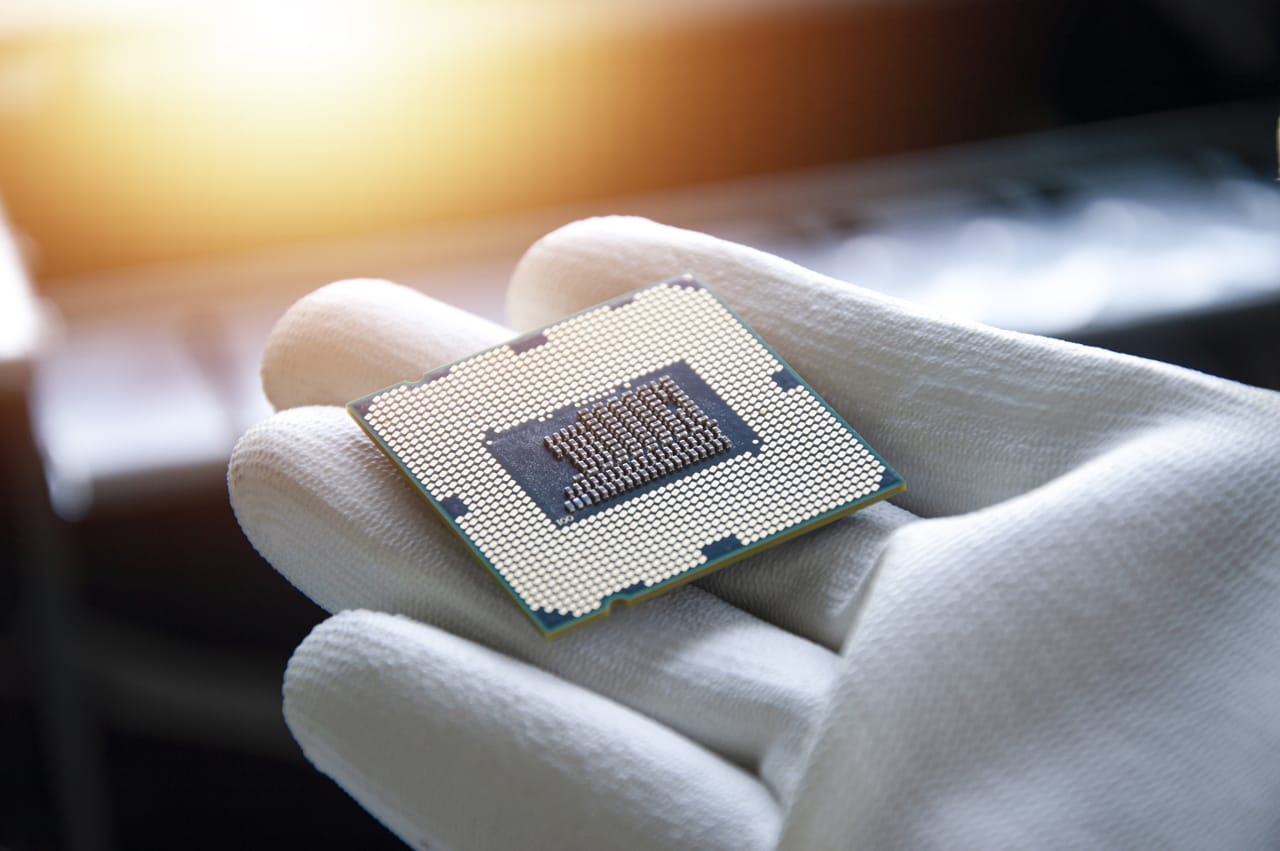
Related image image technician holding CPU his hand
Pic 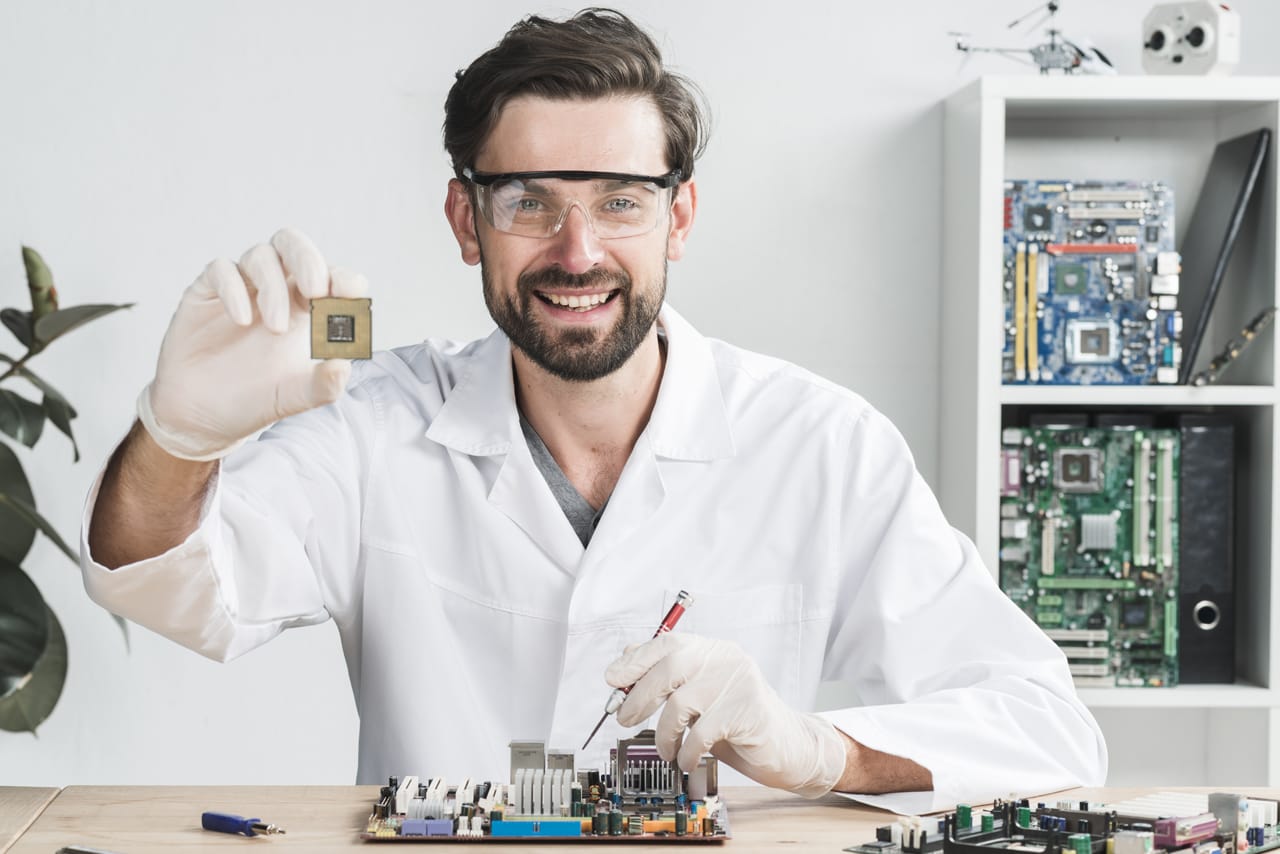
Related image portrait happy young male technician holding computer chip
New & Noteworthy
CPU ClipartExpert Comments
 Creating CPU clipart requires a combination of technical and creative skills. The goal is to create a visually appealing representation of a computer processor that accurately conveys its shape, details, and functionality. Here are some tips and techniques for creating high-quality CPU clipart:
Research and reference: Before starting to draw, it is important to research and gather reference images of CPUs. This will help you understand the details of the processor and how its different components fit together. You can use search engines, online forums, and other resources to find images of CPUs from different angles.
Sketching: Once you have reference images, start by sketching the basic shape of the CPU. Use a simple shape such as a rectangle or square as a starting point and then add more details as you go. You can use a digital drawing tablet or pencil and paper for sketching.
Outlining: Once you have a basic sketch, start outlining the shape of the CPU using a black or dark-colored brush. You can use a vector graphics software such as Adobe Illustrator or Inkscape for this step. Make sure to pay attention to the angles and curves of the CPU and create smooth and consistent lines.
Coloring: After the outline is complete, it is time to add color to the CPU. Choose colors that are appropriate for the CPU's components, such as green for circuit boards, silver for metal components, and so on. Use a combination of gradients and solid colors to create depth and dimension.
Lighting and shading: To add realism to the CPU, it is important to add lighting and shading. This can be achieved by adding highlights and shadows to the CPU's different components. Pay attention to the direction of the light source and make sure the lighting is consistent throughout the image.
Details: Add details such as labels, text, and logos to the CPU. This will help identify the CPU's manufacturer and model number. You can use a combination of digital and traditional tools to add these details, such as using a text tool in a vector graphics software.
Final touches: Once you have completed the CPU clipart, it is time to make final adjustments and touch-ups. Check the image for any errors or inconsistencies and make necessary changes. You can also add a background or other visual elements to enhance the overall image.
In summary, creating high-quality CPU clipart requires a combination of research, sketching, outlining, coloring, lighting and shading, adding details, and final touches. By following these tips and techniques, you can create visually appealing and accurate representations of computer processors.
Creating CPU clipart requires a combination of technical and creative skills. The goal is to create a visually appealing representation of a computer processor that accurately conveys its shape, details, and functionality. Here are some tips and techniques for creating high-quality CPU clipart:
Research and reference: Before starting to draw, it is important to research and gather reference images of CPUs. This will help you understand the details of the processor and how its different components fit together. You can use search engines, online forums, and other resources to find images of CPUs from different angles.
Sketching: Once you have reference images, start by sketching the basic shape of the CPU. Use a simple shape such as a rectangle or square as a starting point and then add more details as you go. You can use a digital drawing tablet or pencil and paper for sketching.
Outlining: Once you have a basic sketch, start outlining the shape of the CPU using a black or dark-colored brush. You can use a vector graphics software such as Adobe Illustrator or Inkscape for this step. Make sure to pay attention to the angles and curves of the CPU and create smooth and consistent lines.
Coloring: After the outline is complete, it is time to add color to the CPU. Choose colors that are appropriate for the CPU's components, such as green for circuit boards, silver for metal components, and so on. Use a combination of gradients and solid colors to create depth and dimension.
Lighting and shading: To add realism to the CPU, it is important to add lighting and shading. This can be achieved by adding highlights and shadows to the CPU's different components. Pay attention to the direction of the light source and make sure the lighting is consistent throughout the image.
Details: Add details such as labels, text, and logos to the CPU. This will help identify the CPU's manufacturer and model number. You can use a combination of digital and traditional tools to add these details, such as using a text tool in a vector graphics software.
Final touches: Once you have completed the CPU clipart, it is time to make final adjustments and touch-ups. Check the image for any errors or inconsistencies and make necessary changes. You can also add a background or other visual elements to enhance the overall image.
In summary, creating high-quality CPU clipart requires a combination of research, sketching, outlining, coloring, lighting and shading, adding details, and final touches. By following these tips and techniques, you can create visually appealing and accurate representations of computer processors.
The history of CPU development can be traced back to the early 1940s, when the first electronic computers were being developed. Since then, CPUs have gone through several stages of evolution, each characterized by significant advances in processing power, size, and complexity.
First Generation CPUs:
The first-generation CPUs, developed in the 1940s and 1950s, were large, expensive, and unreliable. They were based on vacuum tubes and used punched cards for input and output. These CPUs were limited in their computational power and were primarily used for scientific and military applications.
Second Generation CPUs:
The second-generation CPUs, developed in the late 1950s and early 1960s, were based on transistors and were more reliable and efficient than their vacuum tube predecessors. These CPUs were smaller, faster, and more powerful, and were used for a wider range of applications.
Third Generation CPUs:
The third-generation CPUs, developed in the 1960s and 1970s, were based on integrated circuits, which allowed for even greater processing power and efficiency. These CPUs were used in mainframe computers, which were larger and more expensive than previous generations.
Fourth Generation CPUs:
The fourth-generation CPUs, developed in the 1980s, were based on microprocessors, which allowed for even greater processing power and smaller sizes. These CPUs were used in personal computers and were the basis for the computer revolution that followed.
Fifth Generation CPUs:
The fifth-generation CPUs, developed in the 1990s and beyond, have continued to increase in processing power and efficiency. They are based on more advanced microprocessors and are used in a wide range of applications, from personal computers to supercomputers.
Other key developments in CPU technology include the introduction of multicore processors, which allow for multiple processing units to be used simultaneously, and the development of mobile CPUs, which are designed for use in smartphones, tablets, and other mobile devices.
In addition to advances in processing power, CPUs have also become more energy-efficient over time. This has been driven by the growing demand for sustainable computing solutions and the need to reduce energy consumption in data centers and other computing environments.
Overall, the history of CPU development has been characterized by a steady increase in processing power, efficiency, and versatility. As computing technology continues to evolve, it is likely that CPUs will play an increasingly important role in driving innovation and progress in a wide range of industries and applications.



